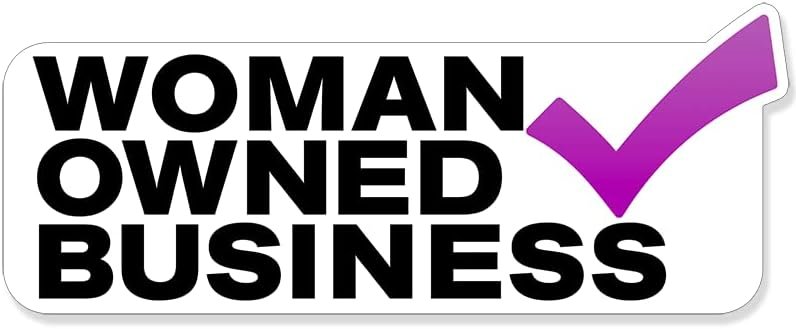
New Jersey Flight School
South Jersey Regional Airport - Lumberton
Atlantic City International Airport - Atlantic City
TIME TO GET
YOUR WINGS
Southern New Jersey's
Premier Flight School and Aircraft Rental Center
Founded in 2021, Beyond Aviation has quickly become Southern New Jersey’s leading aviation school. With decades of military, airline, and general aviation flying experience, it is a leader in its field.
Over the past few years of operation, the school has trained pilots entering the Air Force and various college ROTC programs, as well as active military personnel and veterans. Our program is also an excellent starting point for students enrolled in a two —or four-year degree who wish to reduce the cost of tuition by completing their PPL with us prior. Conveniently located just outside Philadelphia and at the Atlantic City International Airport, we are a short 35-minute drive from Philly and easily accessible from Atlantic, Cape May, Ocean, Gloucester, Camden, Burlington, and Mercer Counties in NJ.
Presently, Beyond Aviation is a Part 61 FAA-approved flight school, and we anticipate being awarded our FAA Part 141 certificate in mid-2024. (Please reach out to us for details regarding Part 61 vs. Part 141 flight schools and the pros and cons of each). We use the highly regarded, FAA-approved syllabus published by Gleim and incorporate the best training practices we were taught as both military and airline pilots. This approach creates a structured, well-defined training environment that encourages safety and proficiency. Our number one goal is to create safe, proficient pilots.
All Beyond Aviation’s flight instructors are actual school employees. This is an important distinction, as many schools and flying clubs hire instructors as contractors. This approach is detrimental to students, making maintaining flight and syllabus standards challenging when someone isn’t your employee. We offer a robust staff of instructors, many of whom have been flying and instructing for decades, and new instructors who are energetic and eager to share their newly acquired knowledge. Every flight instructor we hire goes through an extensive in-air and ground indoctrination process. This ensures standardization for our students and increased safety.
Choosing the Right Flight School in New Jersey
Looking to take flight lessons in New Jersey? It can be difficult to know where to start when it comes to finding the right flight school. Below will provide a quick overview of how to assess different schools, as well as tips on what you should look for in order to find the perfect fit.
Research Qualifications and Certifications.
When you're looking for a flight school in New Jersey, it's important to research the qualifications and certifications of the instructors at that particular school. Make sure they have ratings and endorsements from recognized aviation organizations, as well as insurance and applicable licenses. By doing your homework on different instructors, you can get a better understanding of their experience and skill set. That way, you can make an informed decision about which instructor is right for you.
Check the Reputation of the Schools Among Pilots in New Jersey.
When you’re researching potential flight schools in New Jersey, the best way to get a feel for the quality of their services is to ask other pilots. Talk to those who have worked with them before and determine whether their instructors are highly-rated. Ask about the quality of flight instruction, safety procedures, aircraft maintenance, customer service and more. Go online as well and read through reviews on aviation forums to get an overall picture of how the school has been ranked by its customers.
Tour Flight Facilities Before Committing to a School.
An in-depth, physical tour of a flight school’s facilities is an invaluable part of the research process. Make sure to visit the school, its grounds and aircraft, to gain a full understanding of what you’ll be getting. Speak with ground staff and instructors if possible and observe the operational procedures to determine their professionalism, commitment to safety, and care for their equipment. Evaluate whether the training program provides up-to-date instruction that meets your needs as a pilot.
While visiting the various faculties, question instructors and staff members on their experience and the kind of accreditation they have. Be sure to ask what types of aircraft are used, as well as the school’s maintenance procedures. Additionally, you should inquire about different courses offered to make sure the school meets your wants and needs. Ultimately, it’s important to ensure that you choose a suitable flight school that will accommodate your budget and any other requirements you may have.
Master the Skies: A Comprehensive Guide to Flight Training in NJ
Are you ready to take flight? If you've ever dreamt of soaring through the sky, then flight training is your first step towards making that dream a reality. In this comprehensive guide, we will explore everything you need to know about flight training in NJ, from the basics of aviation to the most advanced techniques.
Investing in flight training is an investment in yourself. It is a chance to embrace your passion for aviation and embark on a thrilling career or simply enjoy the freedom of flying as a hobby. But where do you begin? Which flight schools in NJ offer top-notch instruction and experienced instructors? What qualifications do you need to become a pilot? We have all the answers.
Whether you're a beginner or an experienced aviator looking to advance your skills, this guide will provide you with a step-by-step roadmap to mastering the skies. So buckle up and get ready for an exhilarating journey through the world of flight training in NJ. Your dreams of taking flight are about to become a reality.
Types of flight training programs
Flight training programs come in various forms to cater to different individuals' needs and goals. Whether you're a beginner or an experienced aviator looking to advance your skills, there is a program for you. Some of the most common types of flight training programs include private pilot license (PPL) training, instrument rating (IR) training, commercial pilot license (CPL) training, and flight instructor training.
Private pilot license (PPL) training is the starting point for most aspiring pilots. It teaches you the fundamentals of flying and enables you to fly solo. Instrument rating (IR) training, on the other hand, focuses on flying in adverse weather conditions and relying solely on instruments. Commercial pilot license (CPL) training is for those who want to make a career out of flying and allows you to fly for compensation. Finally, flight instructor training prepares you to become a flight instructor, sharing your knowledge and passion with others.
Choosing a flight school in NJ
As discussed above, selecting the right flight school is crucial to your success as a pilot. NJ is home to several reputable flight schools that offer top-notch instruction and experienced instructors. When choosing a flight school, consider factors such as the school's reputation, instructor qualifications, training aircraft availability, training curriculum, and cost.
Researching and visiting multiple flight schools in NJ will give you a better understanding of their facilities, training programs, and overall atmosphere. Speak to current students and alumni to get their insights and experiences. Additionally, check if the flight school has any affiliations or partnerships with aviation organizations, as this can indicate the quality of their training.
FAA requirements for flight training
The Federal Aviation Administration (FAA) sets the standards and regulations for flight training in the United States. To become a pilot, you must meet certain requirements outlined by the FAA. These requirements include age restrictions, medical certification, and the completion of specific flight training hours.
The age requirement for a private pilot license is a minimum of 17 years old, while a commercial pilot license requires a minimum age of 18. Additionally, you must pass an FAA medical examination to ensure you are physically fit to fly. The FAA also sets minimum flight training hours for each type of license, ranging from 40 hours for a private pilot license to 250 hours for a commercial pilot license.
Flight training costs and financing options
Flight training can be a significant investment, but the rewards are well worth it. The cost of flight training in NJ varies depending on factors such as the flight school, type of license, and training hours required. On average, flight training can cost anywhere from $8,000 to $15,000 for a private pilot license and up to $80,000 for a commercial pilot license.
Fortunately, there are several financing options available to aspiring pilots. Many flight schools offer financing plans or scholarships to help offset the cost of training. Additionally, there are external organizations and government programs that provide financial assistance to individuals pursuing a career in aviation. Researching and exploring these options can make flight training more affordable and accessible.
The private pilot license (PPL) training process
The private pilot license (PPL) is the first step towards becoming a pilot. The training process typically involves ground school instruction and flight training. Ground school covers topics such as aerodynamics, aviation regulations, meteorology, navigation, and aircraft systems. Flight training focuses on practical flying skills, including takeoffs, landings, navigation, and emergency procedures.
During PPL training, you will accumulate a minimum of 40 flight hours, including solo flight time. These hours will be divided between dual instruction with an instructor and solo flights. The duration of PPL training varies depending on factors such as your availability and learning pace. Once you have completed the required training hours and demonstrated proficiency, you can take the FAA practical exam to obtain your private pilot license.
Instrument rating (IR) training
Instrument rating (IR) training takes your flying skills to the next level by teaching you to fly solely by reference to instruments. This training is essential for flying in adverse weather conditions, where visibility may be limited. During IR training, you will learn how to interpret and rely on instruments such as the attitude indicator, altimeter, airspeed indicator, and navigation equipment.
To obtain an instrument rating, you must have a private pilot license and accumulate a minimum of 50 hours of cross-country flight time. This includes a minimum of 40 hours of actual or simulated instrument time, of which at least 15 hours must be with an authorized instructor. Additionally, you must pass the FAA written exam and practical test to earn your instrument rating.
Commercial pilot license (CPL) training
If you dream of making a career out of flying, obtaining a commercial pilot license (CPL) is essential. CPL training builds upon the skills acquired during PPL training and focuses on advanced flight maneuvers, navigation, and emergency procedures. This training prepares you to fly for compensation, whether it be as a charter pilot, flight instructor, or airline pilot.
To obtain a CPL, you must have a private pilot license and accumulate a minimum of 250 flight hours, including specific training requirements outlined by the FAA. CPL training also includes a written exam and a comprehensive practical test to assess your knowledge and flying skills. Once you have successfully completed all requirements, you will be eligible to pursue various career opportunities in the aviation industry.
Flight instructor training and career opportunities
Flight instructor training is an excellent option for pilots who want to share their knowledge and passion for flying with others. Becoming a flight instructor allows you to guide and mentor aspiring pilots, providing them with the necessary skills and knowledge to obtain their pilot licenses. Additionally, flight instructors are in high demand, making it a rewarding and potentially lucrative career path.
To become a flight instructor, you must hold a commercial pilot license and meet specific requirements set by the FAA. Flight instructor training involves both ground instruction and flight training. Ground instruction covers topics such as teaching techniques, aviation regulations, and instructional methods. Flight training focuses on honing your flying skills and teaching abilities.
Once you have completed flight instructor training and passed the necessary exams, you can start your career as a flight instructor. Many flight schools and aviation organizations are constantly seeking qualified flight instructors, providing a variety of employment opportunities.
Conclusion and next steps in your flight training journey
Congratulations! You have completed the journey through the world of flight training in NJ. By now, you should have a solid understanding of the different types of flight training programs, how to choose a flight school, the FAA requirements, flight training costs, and the various licenses and ratings you can obtain.
If you're ready to take the next step in your flight training journey, start by researching flight schools in NJ that align with your goals and budget. Visit their facilities, speak to current students and instructors, and gather as much information as possible. Once you have chosen a flight school, enroll in the appropriate training program and embark on an exciting adventure towards mastering the skies.
Remember, flight training requires dedication, commitment, and a genuine passion for aviation. It may have its challenges, but the rewards are immeasurable. So buckle up, spread your wings, and let your dreams of taking flight become a reality. The sky is yours to conquer.
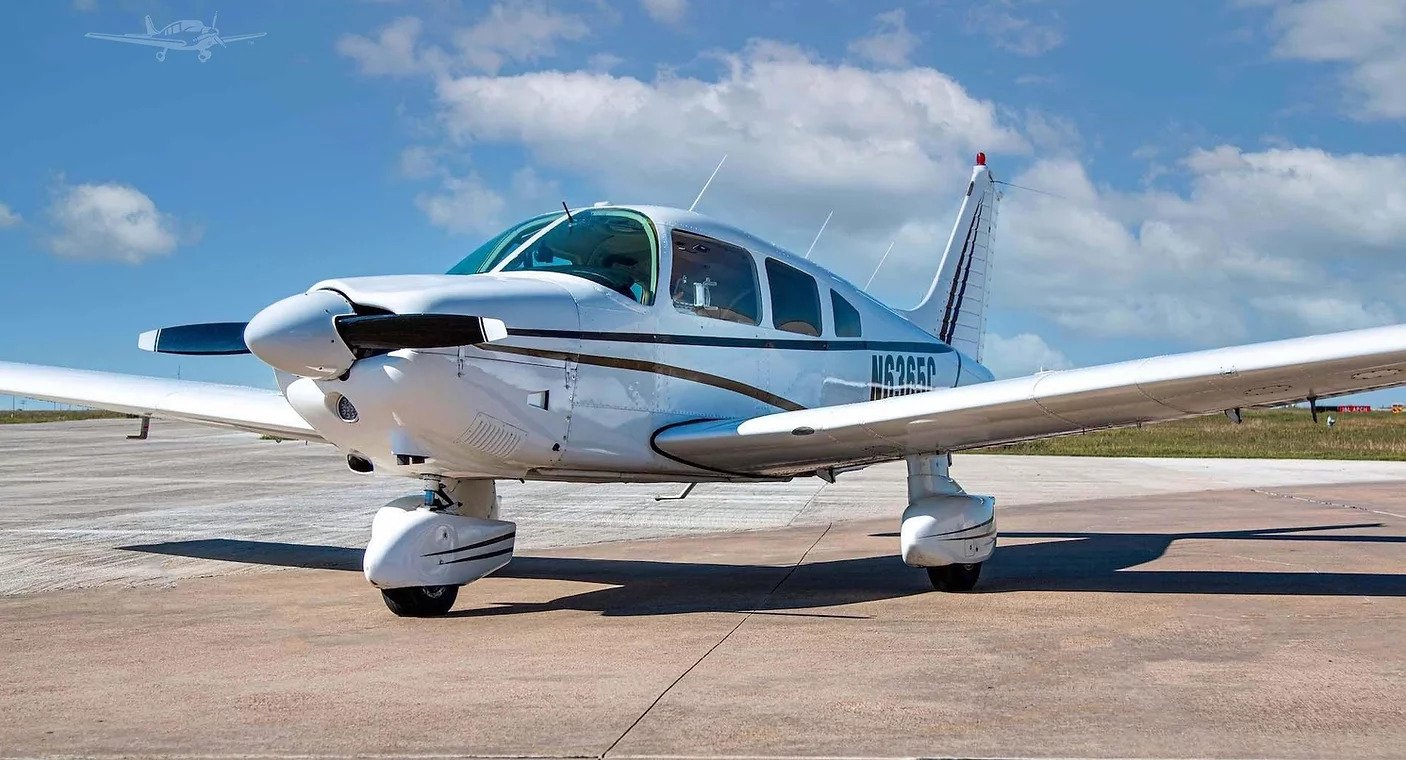
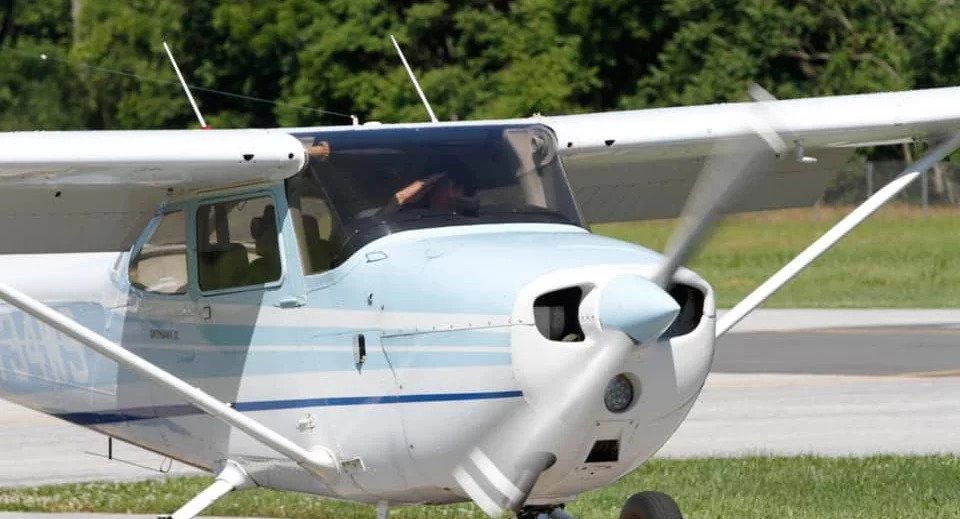
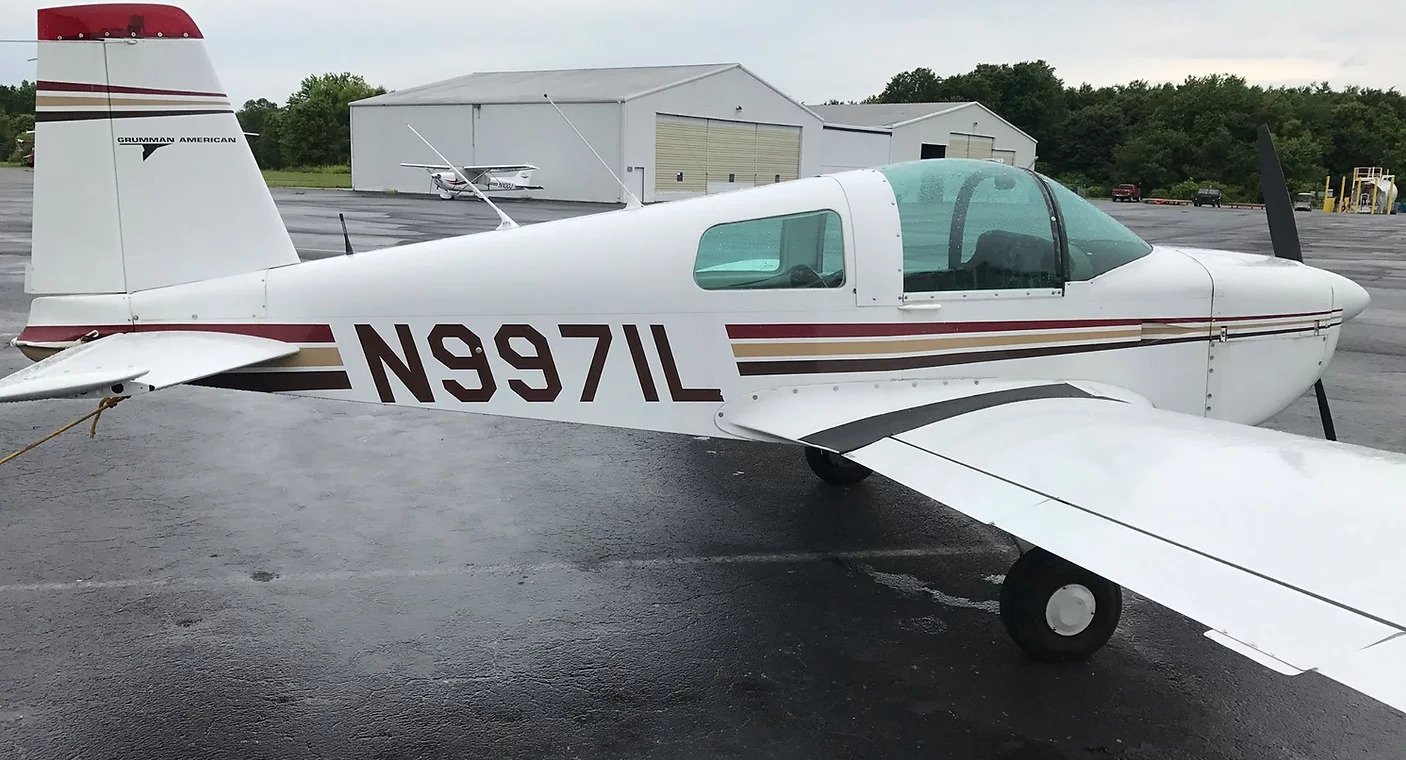
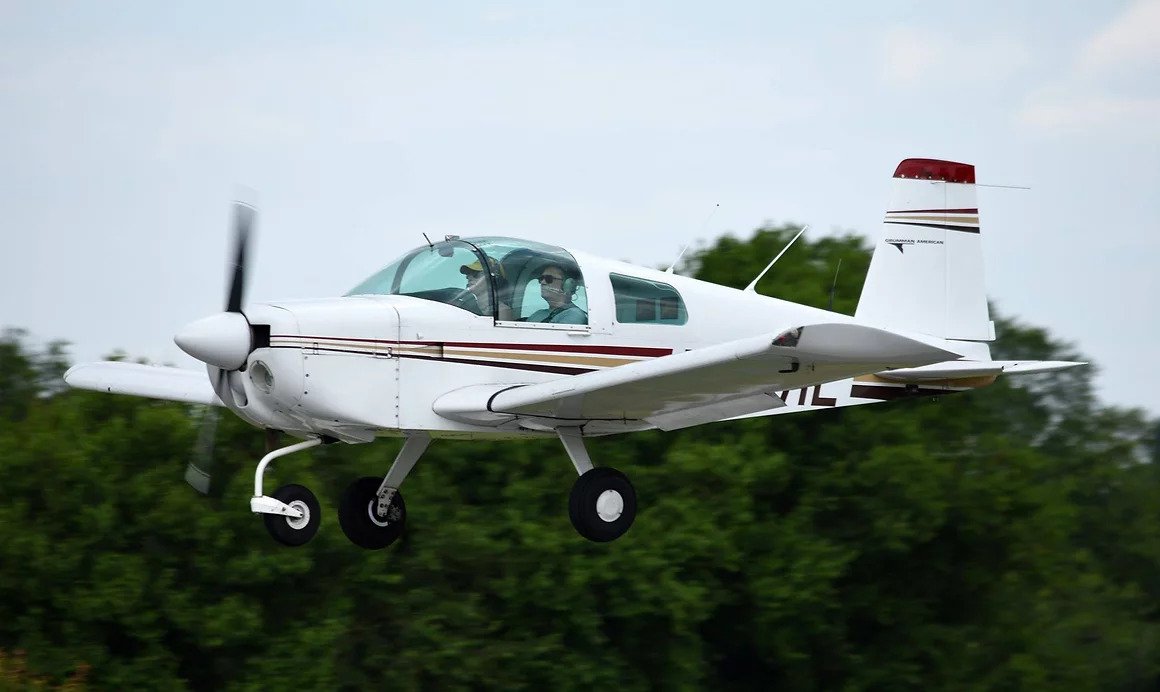
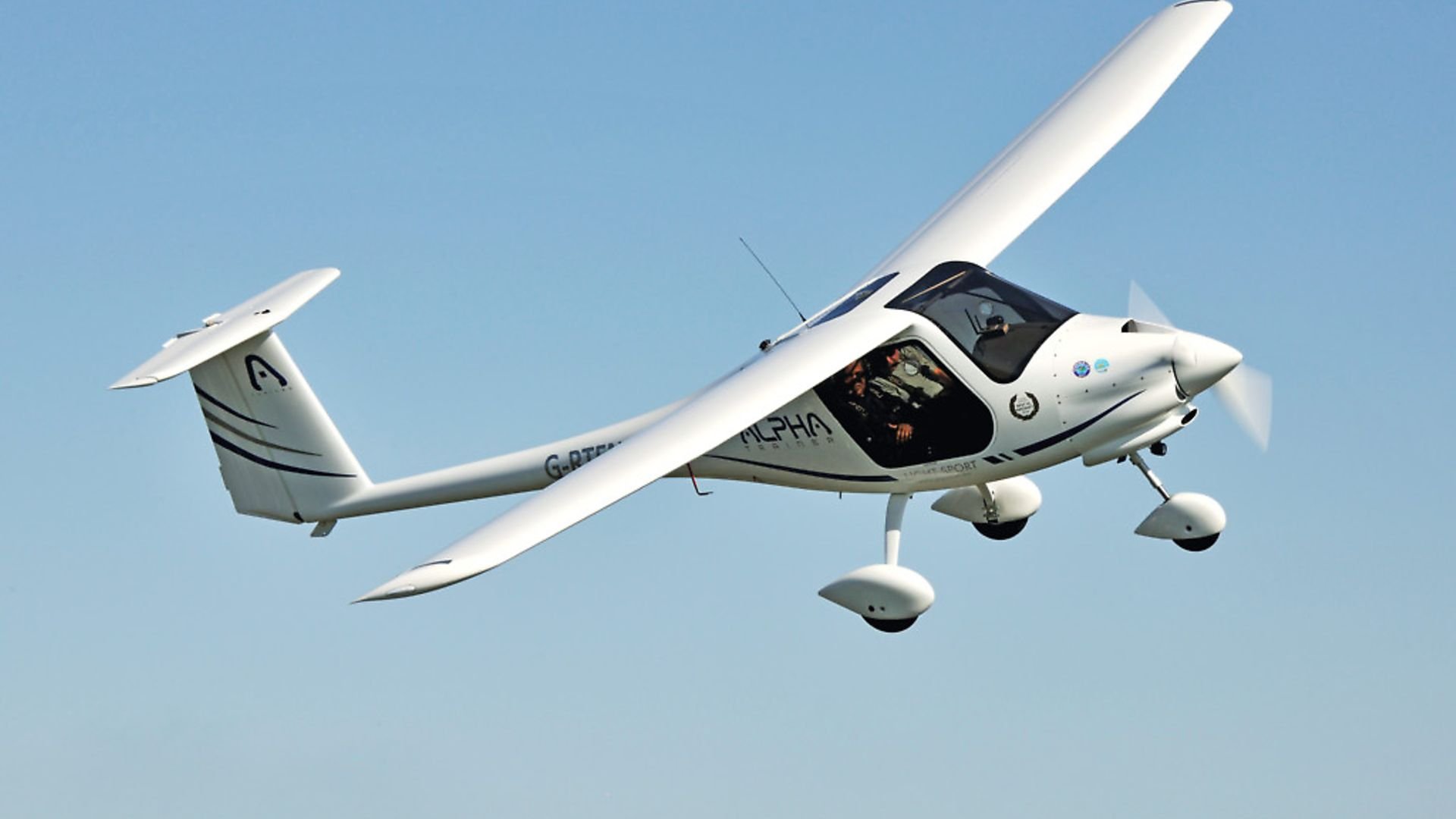
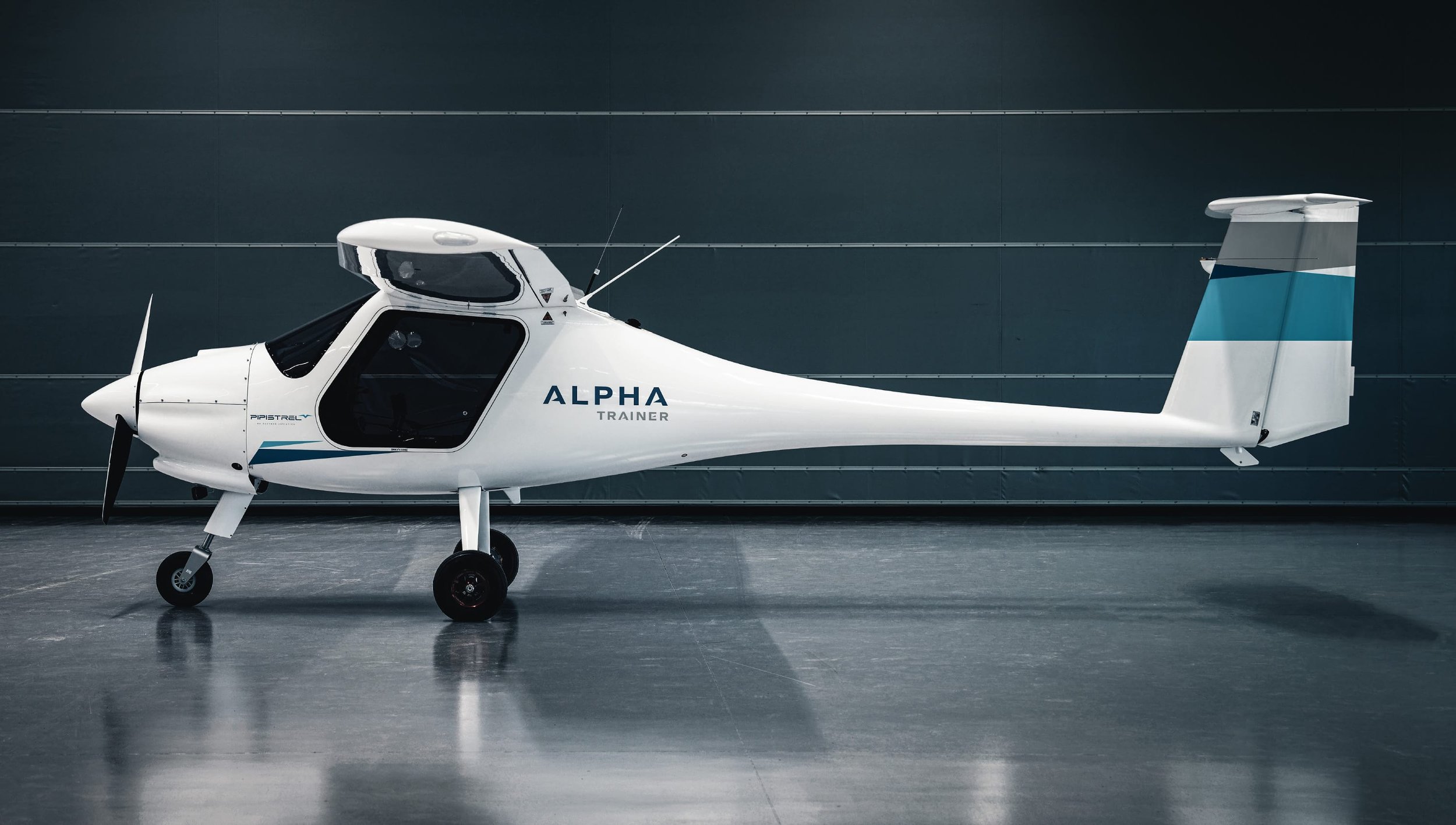
SCHEDULE A VISIT
Take a free tour of our location to help you decide if Beyond Aviation is the right flight school for you. You’ll have the opportunity to see equipment, and get direct answers to all of your questions.



